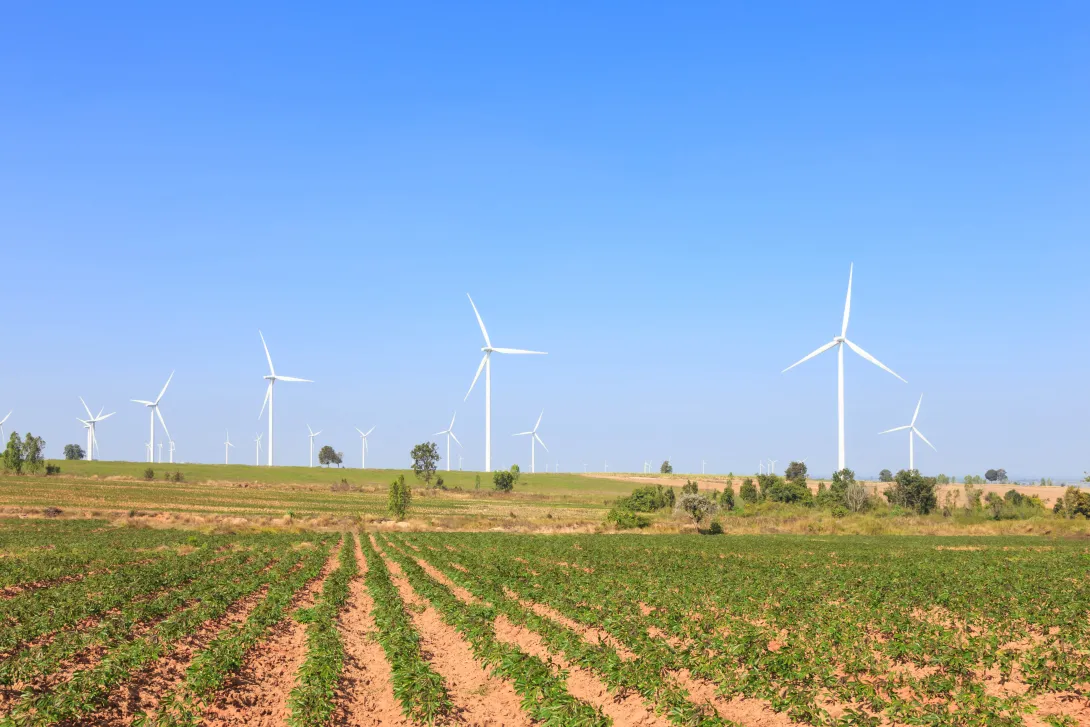
The contemporary political landscape in the EU, characterized by the decline of liberalism and social democracy (Krastev 2018; Guérot 2017) and the associated rise of populism, is mirrored also in Sweden. In a drastic policy shift, the formerly self-proclaimed climate frontrunner is suddenly experiencing broad climate policy dismantling and social backlash.
The rise of populism has displaced a general climate policy consensus in Sweden, turning the climate transition – once again (see Anshelm & Hultman 2015) – into an increasingly contentious issue (Ekberg et al. 2023). In recent years protests have mounted against what is perceived by groups of citizens as unfair climate policy, including the Yellow Vest movement in France and farmers blockades across the EU, and in Sweden movements such as the Fuel Uprising and Headwind. These movements argue that the climate transition has been designed by policymakers as a project by and for society’s elites, to the detriment of “the people” who, according to these groups, are unjustly forced to bear the costs of the transition without sharing its benefits (Mehleb, Kallis & Zografos 2021; Niskanen, Anshelm & Haikola 2024; Lockwood 2018). The growing resistance to wind power installations in a Swedish context, for instance, has paved the way for a renewed nuclear power program and an associated emphasis by several political parties that the climate transition “must go unnoticed for ordinary citizens” (Haikola & Anshelm 2025). The resistance to a comprehensive societal transition has been institutionalized in Sweden through a series of drastic climate policy decisions stretching from 2022-2025, including reduced taxes on fossil fuels and the abolition of the so-called reduction obligation (a requirement to blend petrol or Diesel with an increasing share of renewable fuels) – previously a cornerstone of Swedish climate policy (Förell & Fischer 2025).
Such developments seem increasingly to highlight how the institutional procedures of representative liberal democracy for citizen participation and inclusion are no longer sufficient to generate democratic legitimacy for the major political project that the climate transition entails. Some opinion-makers argue that the steadily growing populism is best understood as a sign of the times, as an expression of disenfranchisement resulting in new social patterns such as the forging of confusing political alliances with right-wing populist and nationalist-authoritarian overtones, often connecting seemingly separate social groups. Such opinion-makers tend to call for renewed thrust for grand progressive political projects (e.g. Klein 2023). By all accounts, however, the institutions of liberal democracy across the EU have rather come to pin their hopes on experimentation with new forms of citizen participation and inclusion as a means to “mend democracy” (Hendriks, Ercan & Boswell 2020) by bridging the growing rifts of social polarization – not least in the form of “green democratic innovations”.
Attempts to strengthen citizen participation and rebuild trust in the institutions of representative liberal democracy in the form of democratic experiments, such as citizens' climate councils, have been launched across Europe as an answer to the increasing pressure put on the institutions of liberal representative democracy by both populist grassroots movements and populist parties taking seats in parliaments. Sweden is no exception to this trend. In our previous research, we have analyzed such green democratic innovations using action-oriented research approaches, for instance the democratic potential of so-called energy communities – the cooperative production and management of energy at local level by citizens, a concept emphasizing citizen participation and empowerment. We found that while there is a plethora of barriers in Sweden to the democratizing values assigned to energy communities e.g. in the EU “Clean Energy Package” from 2019 (Envall & Rohracher 2024), there is a growing interest among highly heterogeneous actors who are increasingly drawn to energy communities as a site to enact a just, bottom-up climate transition (Envall & Andersson 2025).
The research conducted in Trans4demo constitutes a furthering of this research agenda, aiming to analyze contestations and possible pathways towards a just climate transition in Sweden and across the EU.
Photo designed by Freepik (www.freepik.com).
